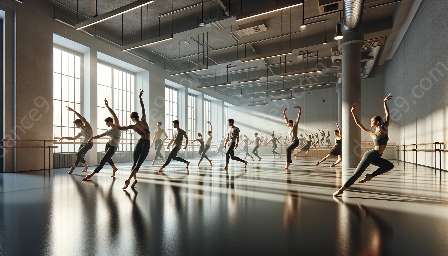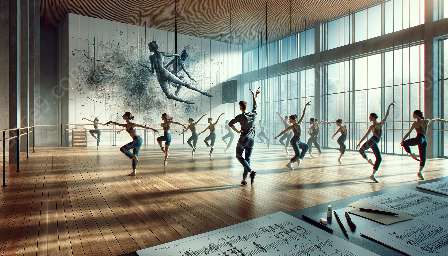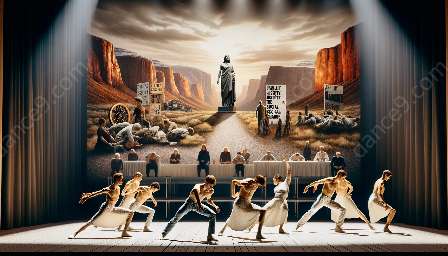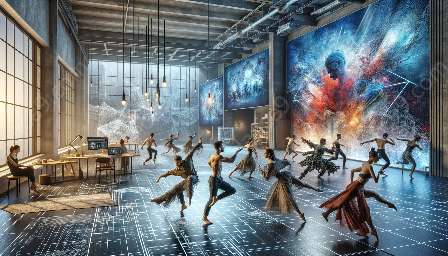Contemporary dance improvisation is a dynamic and creative practice that draws on a range of theoretical frameworks to inform its development and execution. This form of dance emphasizes spontaneity, creativity, and the exploration of movement possibilities. In the realm of contemporary dance, various theoretical concepts and approaches influence the improvisational process, shaping the way dancers engage with movement, space, and expression. Understanding the theoretical underpinnings of contemporary dance improvisation provides valuable insight into the artistic, philosophical, and psychological dimensions of this form of expression.
Key Theoretical Frameworks in Contemporary Dance Improvisation
1. Postmodernism
Postmodernism profoundly influences contemporary dance improvisation by challenging traditional notions of choreography and performance. This framework encourages dancers to embrace non-linear narratives, unconventional movement patterns, and diverse forms of expression. Postmodernism's influence on dance improvisation promotes experimentation, inclusivity, and the deconstruction of established dance conventions.
2. Embodied Cognition
Embodied cognition theory emphasizes the interconnectedness of the mind and body, underscoring the role of the body in shaping cognitive processes. In the context of contemporary dance improvisation, this framework highlights the importance of the body's intelligence, sensory perception, and kinesthetic awareness in creating and interpreting movement. Dancers often draw on embodied cognition to access new movement vocabularies and unlock innovative choreographic possibilities.
3. Contact Improvisation
Contact improvisation serves as a foundational theoretical framework for contemporary dance improvisation. This approach emphasizes physical contact, weight sharing, and spontaneous movement exploration between dancers. Contact improvisation fosters a deep sense of connection, trust, and responsiveness among performers, enriching the collaborative and improvisational dynamics within contemporary dance practices.
4. Site-specific Performance
The theoretical framework of site-specific performance expands the possibilities of contemporary dance improvisation by encouraging dancers to engage with and respond to non-traditional performance spaces. This approach explores the relationship between the body and environment, inviting dancers to interact with architectural, natural, or urban settings in ways that inform and shape their improvisational movement choices.
The Intersection of Theoretical Frameworks and Practice
The theoretical frameworks informing contemporary dance improvisation intersect in practice, influencing the creative process, movement exploration, and performance outcomes. Dancers often draw on multiple theoretical perspectives, integrating them to inform their improvisational practice and expand their expressive range. By embracing diverse theoretical frameworks, contemporary dance improvisation continually evolves, reflecting the fusion of artistic, cultural, and intellectual influences.
5. Phenomenology
Phenomenology offers a philosophical lens through which contemporary dance improvisation can be understood. This framework emphasizes the lived experience and subjective perception of movement, illuminating the ways in which dancers engage with their bodies, surroundings, and emotions during improvisational exploration. Phenomenological perspectives enrich the depth of expression and embodiment in contemporary dance improvisation.
Choreographic and Pedagogical Implications
The theoretical foundations of contemporary dance improvisation hold significant choreographic and pedagogical implications. Choreographers and dance educators often draw on these frameworks to inspire innovative movement creation, cultivate creative approaches to improvisation, and enrich the training of dancers. By integrating theoretical insights into practice, contemporary dance improvisation extends its artistic reach and contributes to the ongoing evolution of contemporary dance as a dynamic and compelling form of artistic expression.




























